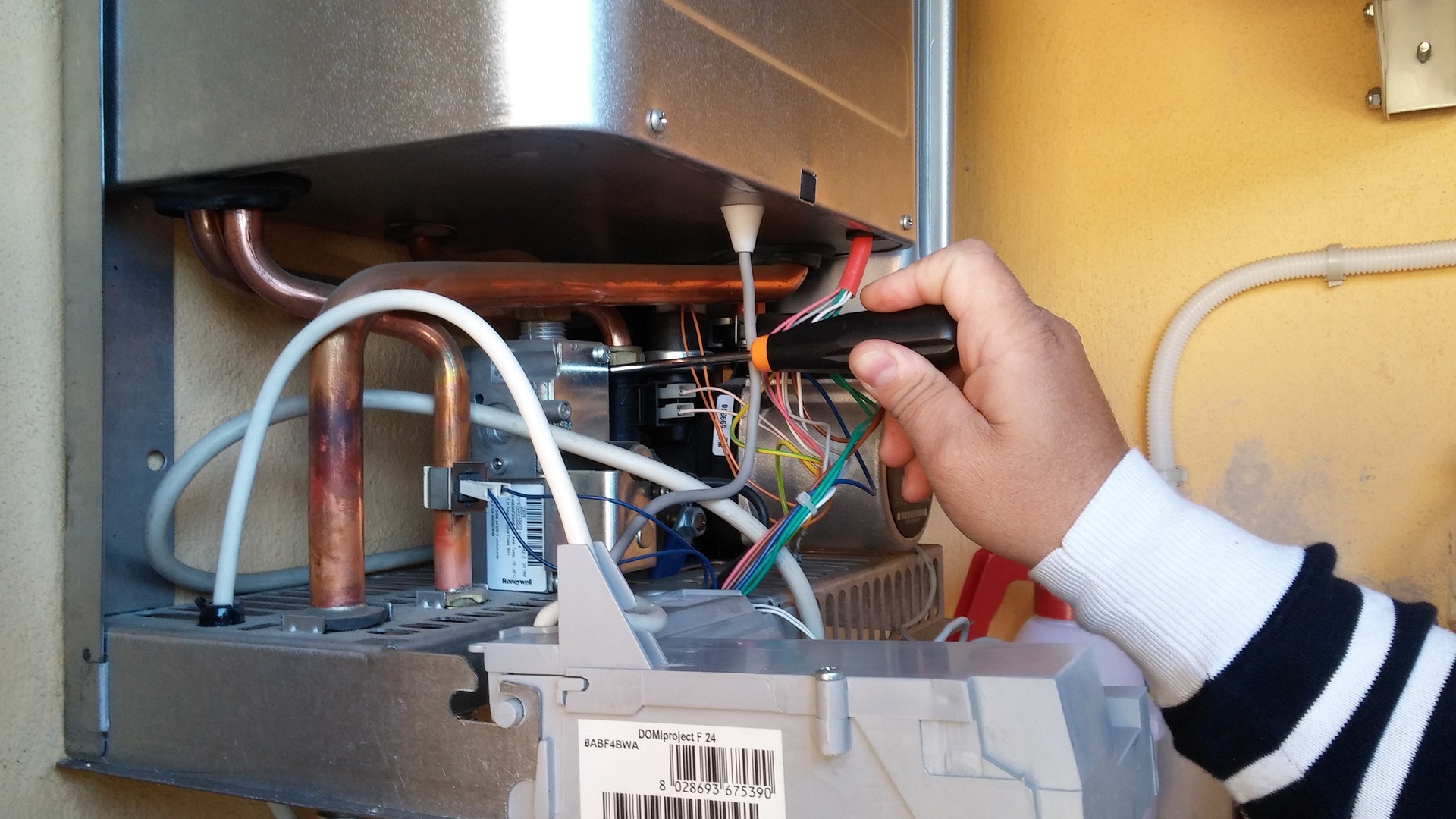Boiler Repair Guide for Homeowners: Heating, Energy, and Safety
A well-maintained boiler keeps a house warm, hot water flowing, and energy use under control. When something goes wrong, symptoms can be subtle at first — a drop in hot water, unusual noises, or pressure changes — and delaying repair can raise safety and efficiency concerns. This guide explains common boiler faults, what to check for, how repairs affect heating and energy performance, essential safety checks in your home, and practical maintenance tips to prolong system life. It’s written for homeowners looking to understand repairs, communicate with local services in your area, and make informed decisions without technical jargon.
Boiler: How to spot common faults
Boilers commonly show problems through visible signs: loss of pressure, water leaks, strange banging or gurgling noises, or a pilot light that won’t stay lit on older models. Regularly glance at the boiler’s pressure gauge and check for dampness around pipe joints. For condensing boilers, a frozen or blocked condensate pipe can cause shutdown in cold weather. Keep manufacturer manuals handy — they explain indicator lights and basic resets — but don’t attempt internal repairs unless you are trained; modern boilers contain components and gas fittings that require qualified technicians.
Heating: When to call a professional
If radiators stay cold, heating cycles are erratic, or the boiler locks out repeatedly, it’s time to call a professional. Problems such as a faulty pump, failed thermostat, or issues with the expansion vessel are not usually DIY fixes. A qualified heating engineer can run diagnostic checks, test controls, and ensure safe operation. When choosing local services, look for certification, clear service descriptions, and written estimates. Document symptoms and any error codes displayed; that information speeds diagnosis and reduces unnecessary work during the professional visit.
Energy: How repair affects efficiency
A correctly repaired and tuned boiler runs more efficiently, reducing wasted energy and stabilizing fuel use. Common energy drains include faulty thermostats, poorly sealed valves, and a build-up of sludge in radiators that forces the system to run longer. After repair, engineers often recommend a power flush for heavily sludged systems or replacing failing controls with programmable thermostats to optimize schedules. While efficiency gains vary by system age and condition, addressing small faults promptly prevents compounding issues that increase energy consumption over time.
Home: Safety checks after a repair
Post-repair safety checks are essential for every household. Verify that pressure returns to the normal operating range and that there are no new leaks. Ensure ventilation and flues are unobstructed and that carbon monoxide alarms are installed and functioning in homes with gas boilers. Keep records of service visits, serial numbers of replaced parts, and any certification supplied by the technician. If you detect persistent gas smells, soot, or pilot light irregularities, vacate the area and contact emergency services or an authorized gas engineer as required by local regulations.
House: Maintaining your system long-term
Routine maintenance extends the useful life of a boiler and reduces the chance of emergency repairs. Annual servicing by a certified engineer typically includes combustion checks, inspection of seals and flues, and verifying safety devices. Simple homeowner tasks between services — checking pressure, bleeding radiators, and watching for leaks — help catch issues early. Consider a system plan or warranty that covers parts and labor, but read terms carefully. Keep a maintenance log for the house so whoever buys or manages the property understands the service history and recent repairs.
Conclusion
Boiler repair blends safety, comfort, and efficiency. Recognizing early warning signs, understanding how repairs affect heating and energy performance, and following basic safety checks create a more reliable home heating system. Regular maintenance and working with qualified local services in your area help reduce unexpected failures and support longer equipment life, making your house warmer and more energy-efficient in the long run.







